Filter by
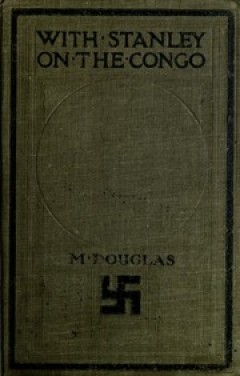
With Stanley on the Congo
The book relates to Sir Henry Morton Stanley, a Welsh journalist and explorer. Stanley is known for his exploration of central Africa, his search for missionary and explorer David Livingstone and his search for the source of the Nile. Historical - United Kingdom & Africa. Biographical interest.
- Edition
- -
- ISBN/ISSN
- -
- Collation
- 215 p
- Series Title
- -
- Call Number
- 967.24
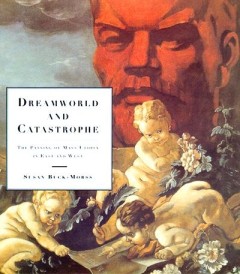
Dreamworld and Catastrophe: The Passing of Mass Utopia in East and West
"This book offers a reevaluation of the twentieth century. It argues that the disintegration of Soviet socialism marked the abandonment of the idea of mass utopia by both sides in the Cold War. One of the casualties of the end of that war was the shattering of dreamworlds of industrialization, mass culture, and historical progress that gave meaning to collective social life in East and West. Dr…
- Edition
- -
- ISBN/ISSN
- 9780262269506
- Collation
- 1 online resource (xvi, 368 pages) :illustrations (some color)
- Series Title
- -
- Call Number
- -
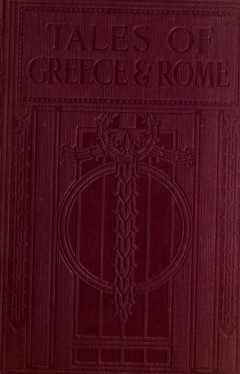
Peter Parley's Tales of Greece and Rome
- Edition
- -
- ISBN/ISSN
- -
- Collation
- vi, 224 p., [8] leaves of plates :
- Series Title
- -
- Call Number
- 900 GOO p
- Edition
- -
- ISBN/ISSN
- -
- Collation
- vi, 224 p., [8] leaves of plates :
- Series Title
- -
- Call Number
- 900 GOO p
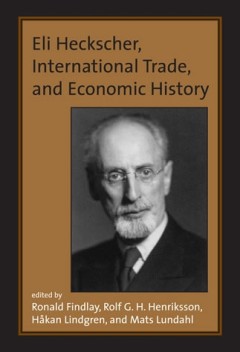
Eli Heckscher, International Trade, and Economic History
"The contributors first discuss Heckscher's efforts to forge the discipline of economic history by combining both the historian's careful evaluation of sources and the economist's rigorous models. The Heckscher-Ohlin theory of factor proportions is described and tested empirically. Contributors then apply the theory to historical material, including Mediterranean trade in Biblical times, the ec…
- Edition
- -
- ISBN/ISSN
- 9780262272643
- Collation
- 1 online resource (xi, 560 pages, 8 unnumbered pages of plates) :illustrations
- Series Title
- -
- Call Number
- -
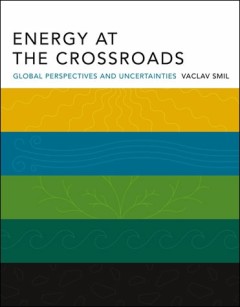
Energy at the Crossroads: Global Perspectives and Uncertainties
In Energy at the Crossroads, Vaclav Smil considers the twenty-first century's crucial question: how to reconcile the modern world's unceasing demand for energy with the absolute necessity to preserve the integrity of the biosphere. With this book he offers a comprehensive, accessible guide to today's complex energy issues -- how to think clearly and logically about what is possible and what is …
- Edition
- -
- ISBN/ISSN
- 9780262283847
- Collation
- 1 online resource (xiv, 427 pages) :illustrations, maps
- Series Title
- -
- Call Number
- -
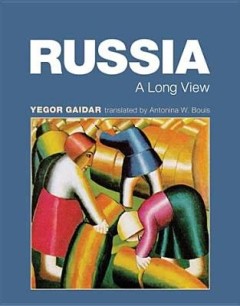
Russia: Long View
Translated from the Russian.An important Russian economist and politician takes a long view of economic history and Russia's development.OCLC-licensed vendor bibliographic record.
- Edition
- -
- ISBN/ISSN
- 9780262305303
- Collation
- 1 online resource (xviii, 543 pages) :illustrations
- Series Title
- -
- Call Number
- -
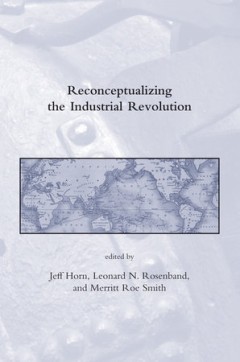
Reconceptualizing the Industrial Revolution
Closely linked essays examine distinctive national patterns of industrialization.This collection of essays offers new perspectives on the Industrial Revolution as a global phenomenon. The fifteen contributors go beyond the longstanding view of industrialization as a linear process marked by discrete stages. Instead, they examine a lengthy and creative period in the history of industrialization,…
- Edition
- -
- ISBN/ISSN
- 9780262289504
- Collation
- 1 online resource (vi, 356 pages).
- Series Title
- -
- Call Number
- -
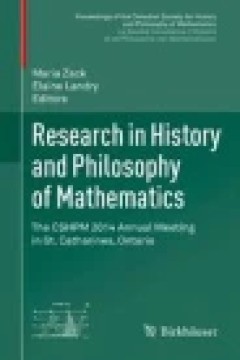
Research in History and Philosophy of Mathematics
This volume contains thirteen papers that were presented at the 2014 Annual Meeting of the Canadian Society for History and Philosophy of Mathematics/La Société Canadienne d’Histoire et de Philosophie des Mathématiques, held on the campus of Brock University in St. Catharines, Ontario, Canada. It contains rigorously reviewed modern scholarship on general topics in the history and philosoph…
- Edition
- Ed. 1
- ISBN/ISSN
- 978-3-319-22258-5
- Collation
- -
- Series Title
- -
- Call Number
- -
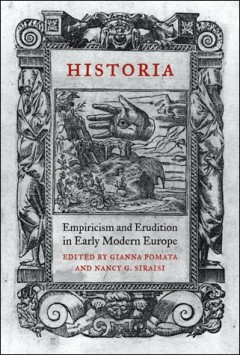
Historia : empiricism and erudition in early modern Europe
Essays examine how the genre of historia reflects connections between the study of nature and the study of culture in early modern scholarly pursuits. The early modern genre of historia connected the study of nature and the study of culture from the early Renaissance to the eighteenth century. The ubiquity of historia as a descriptive method across a variety of disciplines—including natura…
- Edition
- -
- ISBN/ISSN
- 9780262281775
- Collation
- 1 online resource (viii, 490 pages) : illustrations.
- Series Title
- -
- Call Number
- 900 POM h
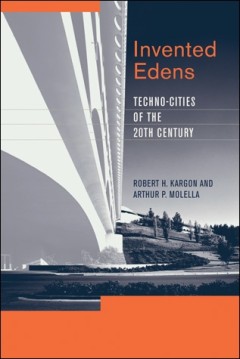
Invented Edens : Techno-Cities of the Twentieth Century
Tracing the design of "techno-cities" that blend the technological and the pastoral. Industrialization created cities of Dickensian squalor that were crowded, smoky, dirty, and disease-ridden. By the beginning of the twentieth century, urban visionaries were looking for ways to improve both living and working conditions in industrial cities. In Invented Edens, Robert Kargon and Arthur Molella t…
- Edition
- -
- ISBN/ISSN
- -
- Collation
- 1 online resource (viii, 190 pages) :
- Series Title
- -
- Call Number
- -
 Computer Science, Information & General Works
Computer Science, Information & General Works  Philosophy & Psychology
Philosophy & Psychology  Religion
Religion  Social Sciences
Social Sciences  Language
Language  Pure Science
Pure Science  Applied Sciences
Applied Sciences  Art & Recreation
Art & Recreation  Literature
Literature  History & Geography
History & Geography